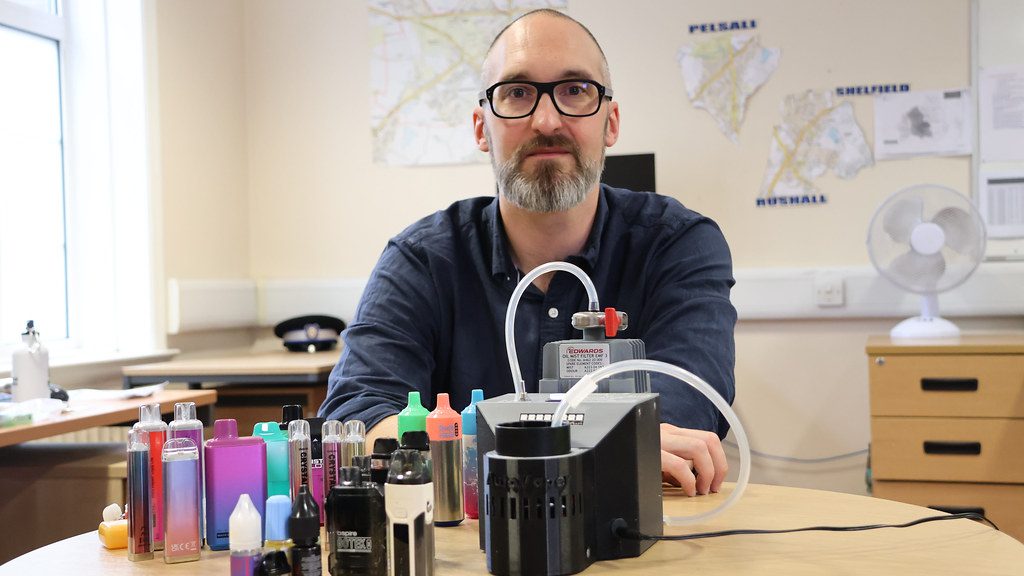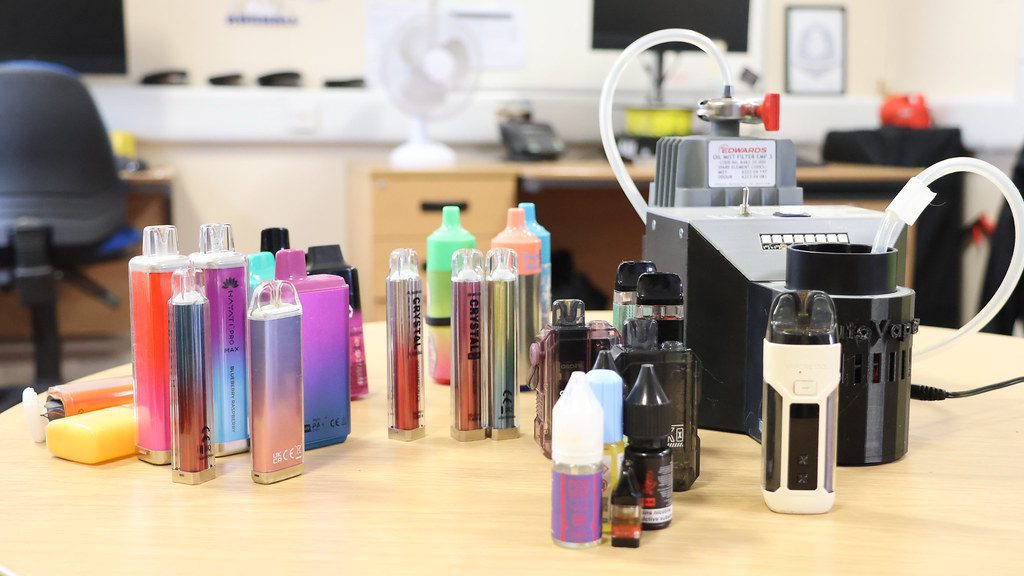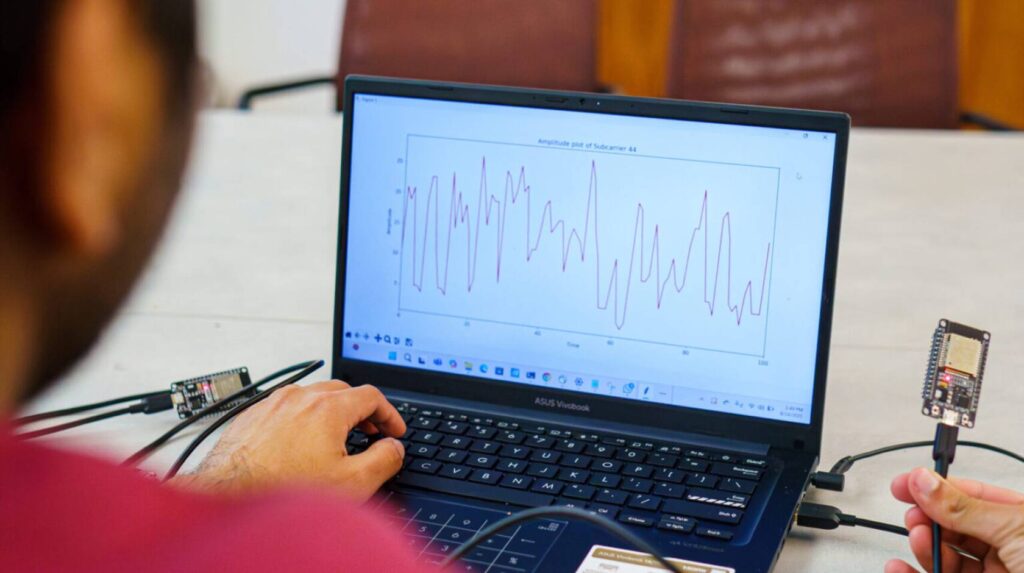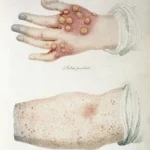Kids as young as 13 are buying what they think are THC vapes on social media, but actually contain “spice” – a dangerous synthetic drug linked to seizures and hospitalization.
The £10 Chemical Gamble
Tests from the University of Bath found synthetic cannabinoids in about 13% of 1,923 vapes confiscated in UK schools. Some areas like Lancashire and London show even higher rates, approaching 25%.
The vapes sell for just £10 through Snapchat, TikTok and Instagram accounts that deliver directly to teens. Lab results confirm these products often contain synthetic compounds MDMB-4en-PINACA and 5F-MDMB-PICA rather than the THC they’re advertised as.
“We found that 68% of products marketed as containing THC on platforms popular with younger people actually contained spice,” says Professor Chris Pudney from the University of Bath.

From Screen to Schoolyard
The sales happen with disturbing efficiency. Teens find dealers through social apps, pay with cash on delivery, and receive products at schools, parks or homes – sometimes within hours of contact.
News reports describe multiple cases of teenagers hospitalized after using vapes bought via social media platforms. Victims have described deliveries to parks and school gates during breaks.
WEDINOS, a drug testing service run by Public Health Wales, reported 211 vape samples submitted as THC/CBD vapes between April 2023-March 2024; 41% of these contained synthetic cannabinoids.
Body Under Attack
Unlike cannabis, synthetic cannabinoids can trigger life-threatening reactions. NHS guidance warns these substances cause breathing problems, chest pain, seizures, confusion and unconsciousness.
NHS Inform advises seeking emergency medical help for severe symptoms related to synthetic cannabinoid use.
Withdrawal can be severe. Keep the device for potential testing and seek medical advice if exposure is suspected.
Spice-Laced Vapes: Social Media Distribution & Health Risks
The Social Media Distribution Chain
Key Research Findings
Health Risks of Synthetic Cannabinoids
Protection Steps
-
Keep the device for potential testing
-
Document when and where it was obtained
-
Contact healthcare providers if symptoms appear
-
Report sellers to platforms and police
-
Submit samples to WEDINOS for free testing
Laws and Loopholes
Both THC and synthetic cannabinoids are controlled substances under UK law. The Online Safety Act 2023 places duties on platforms to assess and mitigate illegal content risks and to remove illegal content, with Ofcom responsible for enforcement.
“We prohibit drug promotion or sales on our platform,” Snapchat states in its policy. The company reported removing millions of drug-related posts and disabling hundreds of thousands of accounts in recent periods.
TikTok and Instagram have issued similar statements about prohibiting illegal drug sales on their platforms.
Despite these efforts, University of Bath researchers documented widespread availability and account proliferation, noting that accounts removed for selling drugs quickly reappear under new names.
Protection Steps
Parents should watch for sudden behavior changes, confusion, anxiety or physical symptoms like rapid heartbeat.
WEDINOS provides free, anonymous testing. Local police forces are investigating and asking the public to report sales.
For suspected exposure: keep the device, document when and where it was obtained, contact healthcare providers if symptoms appear, and report sellers to platforms and police.
Schools across the UK follow Department for Education guidance on searching, screening, confiscation, and when to involve authorities where controlled substances are suspected.
Trading Standards departments continue seizing illegal vapes, focusing on products exceeding legal limits or making false claims.The investigation found synthetic cannabinoid-laced vapes sold on social media platforms to UK teens, with health and legal authorities working to address the growing concern.



















